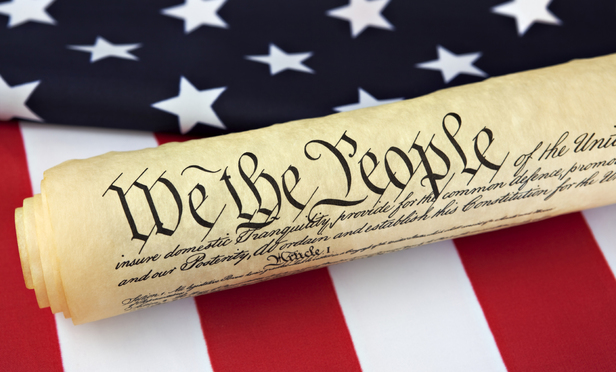The Fourth Amendment provides a consistent stream of litigation to the U.S. Supreme Court. This term is no exception. In Utah v. Strieff, No. 14-1373, the Supreme Court will again address a murky area of Fourth Amendment law: whether the attenuation exception to the exclusionary rule extends to the discovery of a pre-existing warrant during an illegal stop.
For a doctrine that produces so much litigation, the exclusionary rule itself is fairly simple. In general, the exclusionary rule requires suppression of evidence obtained in violation of the U.S. Constitution. The underlying purpose is to deter police misconduct. The rule applies to all evidence derived from an illegal search, or the “fruits of a poisonous tree.”
This content has been archived. It is available through our partners, LexisNexis® and Bloomberg Law.
To view this content, please continue to their sites.
Not a Lexis Subscriber?
Subscribe Now
Not a Bloomberg Law Subscriber?
Subscribe Now
LexisNexis® and Bloomberg Law are third party online distributors of the broad collection of current and archived versions of ALM's legal news publications. LexisNexis® and Bloomberg Law customers are able to access and use ALM's content, including content from the National Law Journal, The American Lawyer, Legaltech News, The New York Law Journal, and Corporate Counsel, as well as other sources of legal information.
For questions call 1-877-256-2472 or contact us at [email protected]



